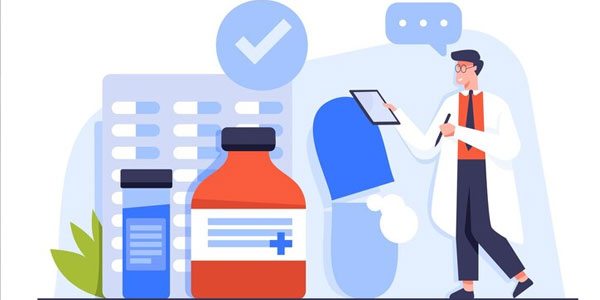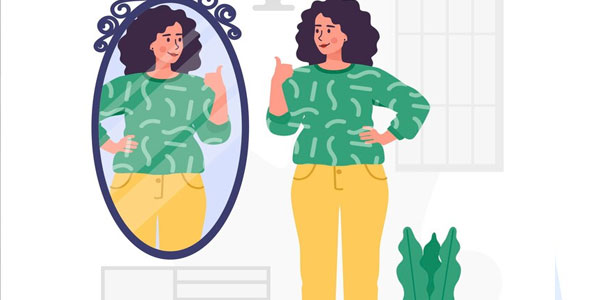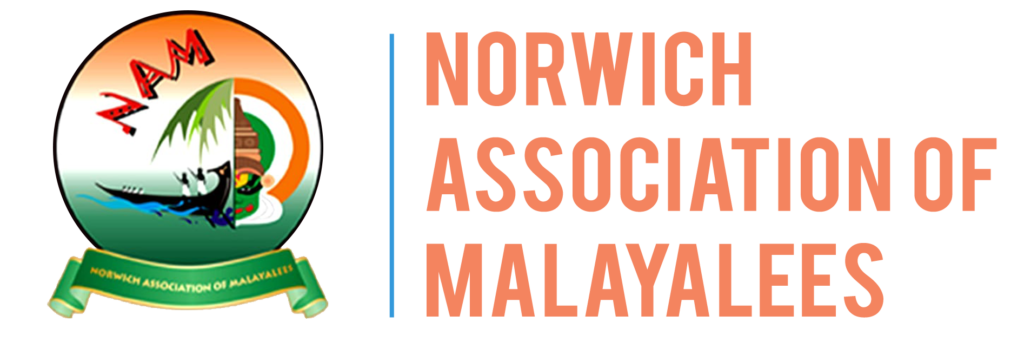Guide to Essential Medical Care for those new to the UK
The National Health Service (NHS) is the healthcare system of the United Kingdom. It provides appointments with a doctor, nurse, physiotherapist, allied healthcare professionals and for hospital treatment. You should register with a General Practitioner (GP) as soon as you arrive in the UK and have found long-term accommodation in Norfolk.
To find a GP in your local area, click on this link and enter your postcode.
Once you find a GP Practice close to where you live, call the Practice to find out if they are taking in new patients. If they are taking in new patients, you may go to the GP Surgery and register with the Practice.
The documents you will be required to take with you for registering should be some form of identification for example, your passport. Most Practices will also ask for proof of address to confirm you are in the catchment area of the GP Practice. For proof of address, you may take a bank statement, utility bill like electricity, gas or water bill or contract papers of the new accommodation.
Prescription medicines
If you are taking any prescription medications, inform the Practice about those medicines and request a repeat prescription for them. You should have a prescription from your doctor in India or abroad for this or proof of repeat prescription from your previous surgery in the UK. If you have neither, please keep the old packaging of your current medicines which has your name on it as proof. You do not have to pay for healthcare at the point of use in the UK but you will be charged for any prescription medicines, if you are not eligible to get them free of cost.

Useful links once registered with a GP Practice
Once you are registered with a GP, you will be provided with a NHS number which you could use on the NHS app to order your medicines every month.
If you are between 40-74 years of age, you may book an appointment for a free NHS Health Check at the GP Practice.
Self-Care
The NHS encourages self-care and there are a lot of self-help tips on the NHS website.
If you have a sick child, you may be able to look after your child with some tips from the website.
You may use the Pharmacy First initiative before you contact the GP or call 111. Your local pharmacy may be able to treat you with non-prescription medicines and if needed, also with antibiotics for certain conditions.
If you have been unwell and not been able to return to work, you may self-certify yourself from work for one week. If you need more time off work, i.e., more than 7 days, you will then require a sick note from your GP.
The GP surgery is closed on weekends, bank holidays and weekdays after 18:00 until 08:30am the following day. On these days, if you are not feeling well and need medical attention, you may call the non-urgent NHS 111 helpline to get advice or to be seen by a doctor or a nurse.

IF YOU HAVE A LIFE-THREATENING EMERGENCY, YOU MUST CALL 999-
Advice and Help with Smoking cessation/ Alcohol addiction/ Contraception:
If you need help with quitting smoking, the NHS provides free advice and treatment. All you need is the motivation to stop smoking and to then contact the Stop Smoking clinic.
For help with alcohol addiction-
Contraceptive services are also free under the National Health. You may look at different options on the attached link and contact your GP or Practice nurse to discuss your options and which method suits you best.
Advice for winter
The winters in the United Kingdom are different from the cold weather experienced in India and the Middle East. One is prone to recurrent cough and cold symptoms, slipping and falling on icy pavements, etc. Mental health may sometimes be affected due to long periods of darkness during the daytime. The following links will provide guidance and tips on how to survive the British winter.
Do not forget to get your flu vaccination in autumn/ winter every year if you are eligible.
Do not forget to take Vitamin D supplements in winter.

Advice for summer
The links below provide guidance for keeping you and your family healthy and safe in summer-
